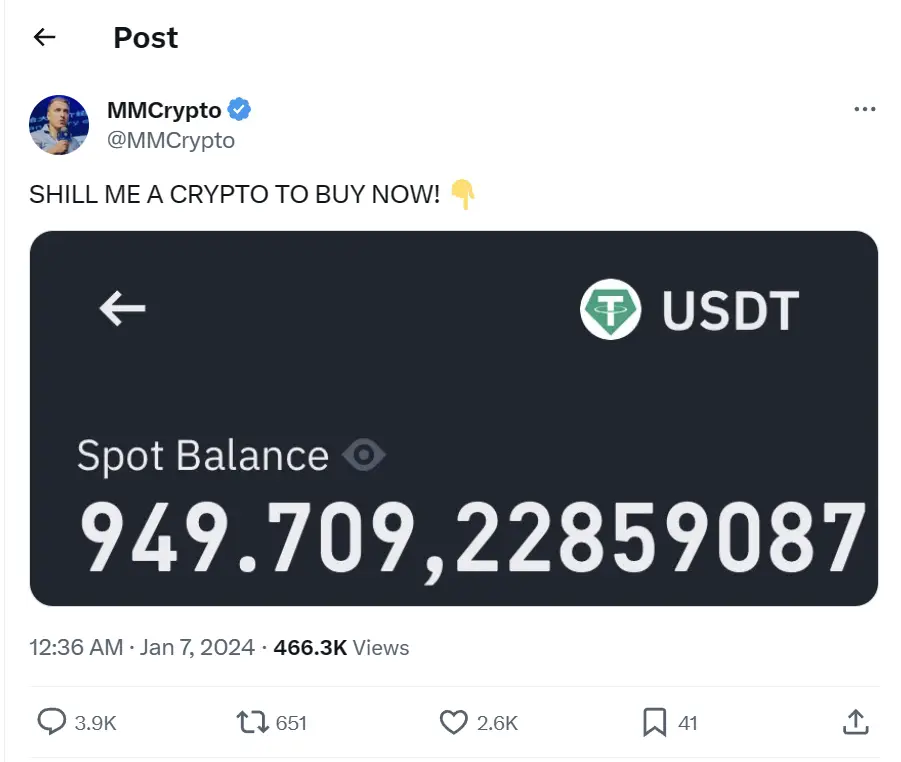Back
Shill
Slang
By HackQuest
Apr 2,20245 min readWelcome to the world of Web3, where cryptocurrencies, blockchain, and a unique culture converge. Entering the world of Web3 can be both thrilling and overwhelming, especially when faced with the seemingly cryptic language used by enthusiasts. Don't worry if you feel they sound like some secret codes, we are here to unravel their meaning in Web3 context. In this article, we are going to introduce [SHILL].

What is the meaning of SHILL?
A "SHILL" is a person who enthusiastically promotes or advertises a particular product, service, or cryptocurrency without disclosing their true intentions. They often do this to create hype, boost the perceived value, or manipulate public opinion.
📢
The origin of SHILL - from traveling carnivals
Once upon a time, in the colorful world of traveling carnivals, there existed a unique role known as the "SHILL." These cunning individuals were masters of deception, skilled at enticing crowds to try their luck at various games of chance. With charismatic flair, SHILLs would pretend to be enthusiastic winners, celebrating their victories to draw in curious onlookers. Their hidden agenda was simple: boost the carnival's profits by convincing others to participate. Over time, the term "SHILL" transcended the carnival grounds, finding its place in the worlds of finance and cryptocurrency. Today, it represents anyone who promotes products or assets with concealed motives, a legacy of its carnival roots.

How to Avoiding falling victim to a SHILL
Do Your Own Research (DYOR)
🚀
Check out: What is the meaning of DYOR
●Take the time to research projects independently.
●Verify information from multiple credible sources.
●Don't make investment decisions solely based on others' recommendations.
Verify Transparency
●Look for clear and transparent project information.
●Be cautious of undisclosed affiliations and hidden motives.
●Scrutinize sources of information for credibility.
Exercise Caution
●Avoid impulsive investments driven by fear of missing out (FOMO).
●Be skeptical of overly positive claims and high-pressure tactics.
●Diversify your portfolio to reduce risk and exposure to manipulation.
🚀
Check out: What is the meaning of FOMO

Conclusion
In the world of cryptocurrencies and online communities, knowing what a SHILL is can protect you from making hasty or uninformed decisions. It's essential to do your research, seek advice from trusted sources, and always approach overly enthusiastic promotions with caution. Now that you understand the concept of "SHILL," you're better prepared for navigating the Web3 world. Come and join us to explore!
If you would like to learn more about such Web3 slang, let’s explore more in our HackQuest Web3 Glossary!